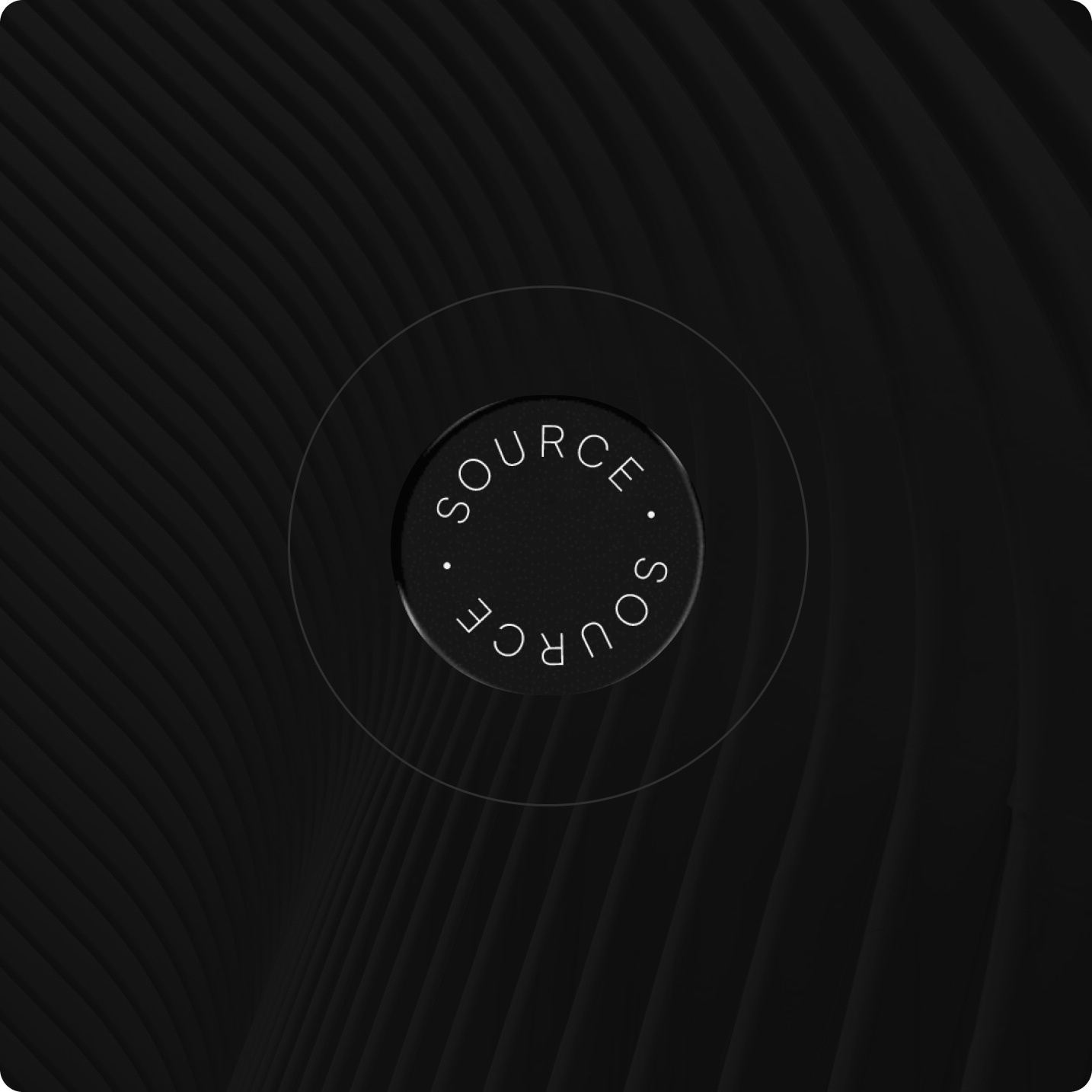Functionality: Meeting the Intended Purpose
Functionality is the cornerstone of any software. Does the software perform its intended tasks seamlessly and effectively? This is the core question that QA seeks to answer. Ensuring that the software aligns with its functional specifications is not just a technical necessity but a user-centric approach. Remote work necessitates software that effortlessly accomplishes tasks, regardless of geographical boundaries. Therefore, QA in functionality assesses if the software is living up to its purpose and if it's user-friendly, ensuring a seamless experience for users across the globe.
Usability: The User-Centric Lens
Usability is the bridge that connects software with its users. Remote work thrives on efficient and user-friendly tools. QA in usability examines whether users can navigate the software intuitively and complete tasks without undue complications. Identifying potential areas of confusion or difficulty is crucial in ensuring that remote workers, regardless of their technical prowess, can harness the software effectively.
Compatibility: Cohesion in a Diverse Landscape
In the world of remote work, software often interacts with various systems and platforms. Compatibility is the litmus test that ensures the software integrates seamlessly with other applications and systems. QA in compatibility scrutinizes whether the software plays well with others, minimizing disruptions and ensuring a cohesive remote work ecosystem.
Performance: The Need for Speed and Efficiency
Remote work demands efficient tools that don't hinder productivity. QA in performance evaluates how swiftly the software runs and how efficiently it utilizes resources. Identifying bottlenecks, optimizing resource utilization, and streamlining operations are vital for delivering a software experience that aligns with the fast-paced nature of remote work.
Security: The Guardian of Data and Integrity
The security of software is paramount, especially in remote work environments where sensitive data and transactions occur digitally. QA in security involves a meticulous evaluation of potential vulnerabilities and threats. Identifying and addressing security gaps ensures that the software remains resilient in the face of cyber threats, safeguarding data integrity and user trust.
Privacy: Balancing Convenience and Compliance
Remote work often involves the collection and processing of personal data. QA in privacy scrutinizes whether the software adheres to privacy laws and regulations. Evaluating data protection measures and ensuring compliance with privacy requirements are integral to building trust and transparency with users.
Localization: Navigating Global Accessibility
Remote work transcends borders, necessitating software that speaks to users in their native languages. QA in localization ensures that software is not only available in multiple languages but also tailored to specific cultural nuances. Effective localization enhances user experience and makes software accessible and inclusive to a global remote workforce.
Personalizing QA to Client Needs
QA is a bespoke process that must be tailored to the unique needs of each client or customer. For instance, if a client insists on software availability in multiple languages, meticulous localization efforts become paramount. Similarly, if security or privacy are key concerns for the client, these aspects must be rigorously tested and fortified during QA.
Leveraging Developer Expertise
Beyond accommodating client needs, developers must leverage their own expertise in QA. Developers specialized in security testing bring a critical eye to identifying vulnerabilities, while those familiar with localization issues can navigate potential pitfalls in translations. Recognizing one's strengths and weaknesses and seeking collaboration when needed enhances the overall QA process.
Conclusion: Elevating Remote Work Through QA Excellence
Quality Assurance isn't just a technicality—it's the cornerstone of delivering software that enhances remote work experiences. In a landscape characterized by rapid change and global collaboration, mastering the intricacies of QA for remote work is non-negotiable. By delving into functionality, usability, compatibility, performance, security, privacy, localization, and personalization, developers create a robust QA framework. This framework not only aligns with client needs but also harnesses the developer's unique skills, resulting in high-quality software that elevates the remote work journey.
At Source, we understand the importance of QA in remote work. Our commitment to connecting developers with companies seeking top-notch talent ensures that QA remains a focal point in every project. Whether you're navigating remote work challenges or striving to maximize efficiency, our team is here to guide you. Embrace the dynamic world of remote work with confidence—reach out to us today and unlock a future of QA excellence and success!



